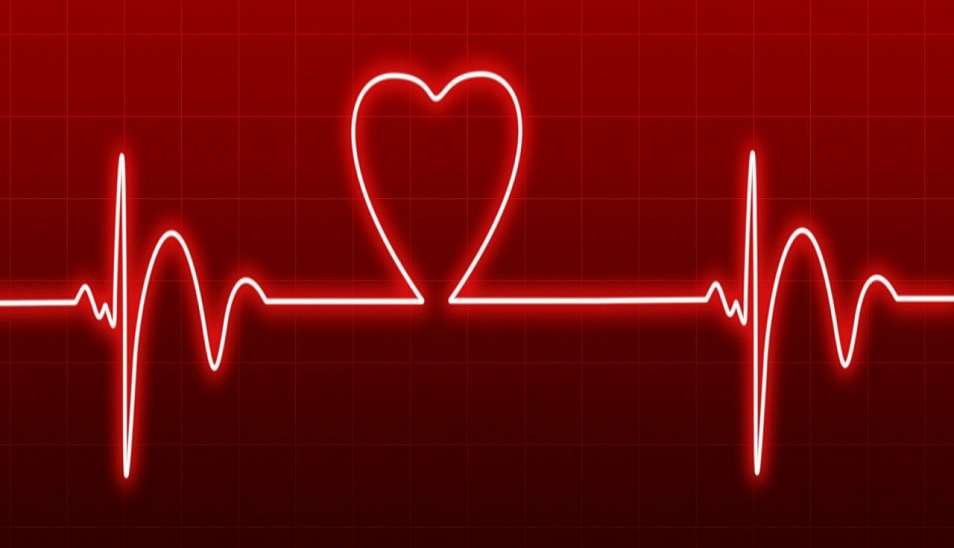Keeping Your Heart Rate on the Down Low
July 13, 2017

cardiotabs
Studies show that in general, people with lower resting heart rates tend to have longer life expectancies. Particularly for males, it does not bode well to have a resting heart rate above about 85 or 90 BPM.
Even so, women tend to have higher heart rates than men but often outlive them anyway. For example, my mother-in-law, Kathleen, had a heart rate of about 90 BPM and lived to be 99 years old. On the other hand, her husband, Leonard, had a heart rate so low that eventually he needed a pacemaker, but he lived “only” 94 years.
We do have medications that will lower your heart rate; including beta blockers (our favorites are carvedilol, metoprolol and nebivolol) or calcium blockers (the one we use most is diltiazem). These are among our most effective drugs for treating common cardiac problems, including high blood pressure, coronary disease, heart failure and rhythm abnormalities such as atrial fibrillation and ventricular tachycardia. Fish oil (omega-3) will also lower your resting pulse by about five beats per minute and may provide other benefits as well.
Sometimes a higher resting pulse rate may be a symptom, rather than a cause of illness. In other words, an unhealthy diet/lifestyle, obesity, toxic stress, tobacco, excess alcohol and inadequate sleep can all shorten one’s lifespan by causing ailments such as heart disease, cancer, stroke and dementia. As people become sicker, their resting heart rates tend to rise, but it’s disease that triggers the higher pulse, rather than the higher pulse that is causing the disease.
Try This at Home to Lower Your Resting Heart Rate
If someone came up to you and said, “I will give you one million dollars if you can reduce your heart rate to less than 50 BPM in the next 10 minutes,” I bet you couldn’t do it.
Your heart rate is controlled by your autonomic nervous system, operating in an involuntary subconscious fashion. Your pulse rate rises automatically when you are nervous about being in the doctor’s office, or mad because someone cut you off in traffic.
On the other hand, your heart rate instinctively falls when you pet your dog, or relax with your partner, or hold your sleeping baby. Importantly, you can learn to lower your own pulse rate, which can reduce stress, improve your sense of well-being and make you feel less anxious and harried.
If you follow these steps, you will lower your resting pulse, and also soothe and rejuvenate your heart, and maybe even enhance your longevity; though I wouldn’t hold your breath waiting for someone to give you a million dollars.
Practice Yoga
Using the ancient Indian practice of yoga can help you can gain conscious mastery over your cardiovascular system. In scientific studies, people who have never done yoga before learned to lower their resting heart rate by seven to 20 BPM while doing yoga. The traditional techniques of yoga involve breathing, stretching and mindfulness, and when done regularly can reduce the resting heart rate, melt away emotional stress, and calm the mind. A routine of yoga has also been shown to lower blood pressure and reduce occurrences of atrial fibrillation (A-fib).
Meditate. Honestly, sometimes I just need a break from my own thoughts. That is why I meditate—it shifts the thinking brain into neutral. You can do this quickly and easily by occupying your conscious mind with this simple task: breathe slowly and deeply to the rhythm of your heart. Even a couple minutes of this can noticeably calm your heart and mind.
Close your eyes, sit up straight, breathe in through your nose for the count of 4 and fill up your lungs completely, hold the breath for the count of 7, and breathe out slowly for the count of 8.
Try to do this while counting to the rhythm of your heartbeat (by feeling your pulse at your wrist, or sensing your heart beating in your chest, or looking at a pulse monitor). Do this relaxation breathing for four to eight cycles once or twice a day, and you will be officially meditating. This will lower blood pressure and anxiety, and may even prevent depression and improve long-term brain health.
In Good Health,
James O'Keefe, MD
Picture Credit: Pixabay





